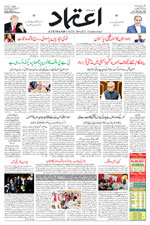Board exams to be held twice a year from 2024: Ministry of Education
Wed 23 Aug 2023, 23:44:27
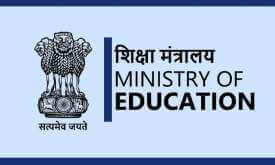
Under the transformative curriculum, the traditional annual board exams will witness a significant change. The board examinations will be conducted twice a year, providing students with the opportunity to secure their best scores. This strategic move aims to enhance the high-pressure environment often associated with single annual exams, according to the Ministry of Education's new curriculum framework.
The Union Education Minister, Dharmendra Pradhan, announced today that the new curriculum framework (NCF), in accordance with National Education Policy 2020, is ready and textbooks for the academic year 2024 will be developed.
The New Education Policy (NEP), states that students must study two languages, with one of them being an Indian language. This approach not only emphasises linguistic diversity but also celebrates the rich cultural tapestry of the nation.
"In classes 11 and 12, students will have to study two languages and one of them has to be an Indian language," the final NCF (National Curriculum Framework) document accessed by PTI said.
The new framework advocates evaluating students' understanding and competency rather than relying on months of coaching and memorisation. This student-centric approach
seeks to empower learners with a deeper comprehension of subjects and practical skills.
seeks to empower learners with a deeper comprehension of subjects and practical skills.
"Board exams will be offered at least twice a year to ensure students have enough time and opportunity to perform well. Students can then appear for a board exam in subjects they have completed and feel ready for. They will also be allowed to retain the best score," it said.
Importantly, the flexibility to choose subjects is being expanded. The customary segregation of Arts, Science, and Commerce streams will no longer restrict students' choices. The curriculum framework envisions a future where students can explore a wider array of subjects, fostering well-rounded learning experiences.
"In due course of time, school boards are to develop capacities to offer 'on demand' exams in due course of time. Besides board exam test developers and evaluators will have to go through university-certified courses before taking up this work," it said.
The framework's focus on optimising educational resources is evident through its encouragement to avoid the common practice of "covering" textbooks in the classroom. Additionally, the Ministry underscores the need to optimise textbook costs, ensuring that quality education remains accessible to all.
No Comments For This Post, Be first to write a Comment.
Most viewed from Edu and Jobs
AIMIM News
Latest Urdu News
Most Viewed
May 26, 2020
Do you think Canada-India relations will improve under New PM Mark Carney?
Latest Videos View All
Like Us
Home
About Us
Advertise With Us
All Polls
Epaper Archives
Privacy Policy
Contact Us
Download Etemaad App
© 2025 Etemaad Daily News, All Rights Reserved.



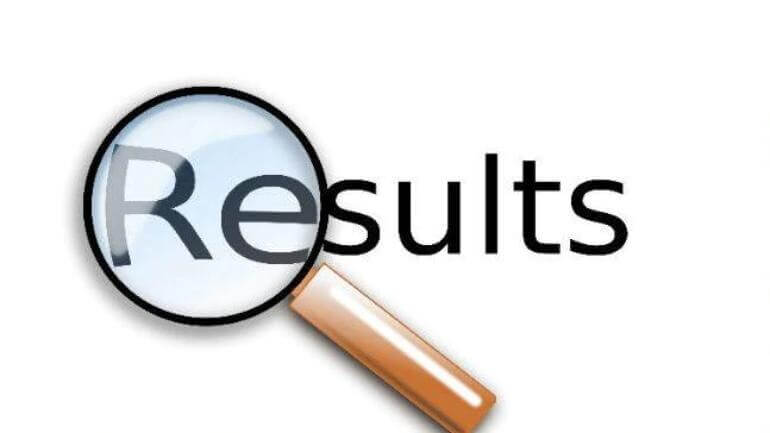


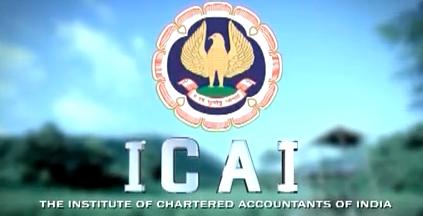

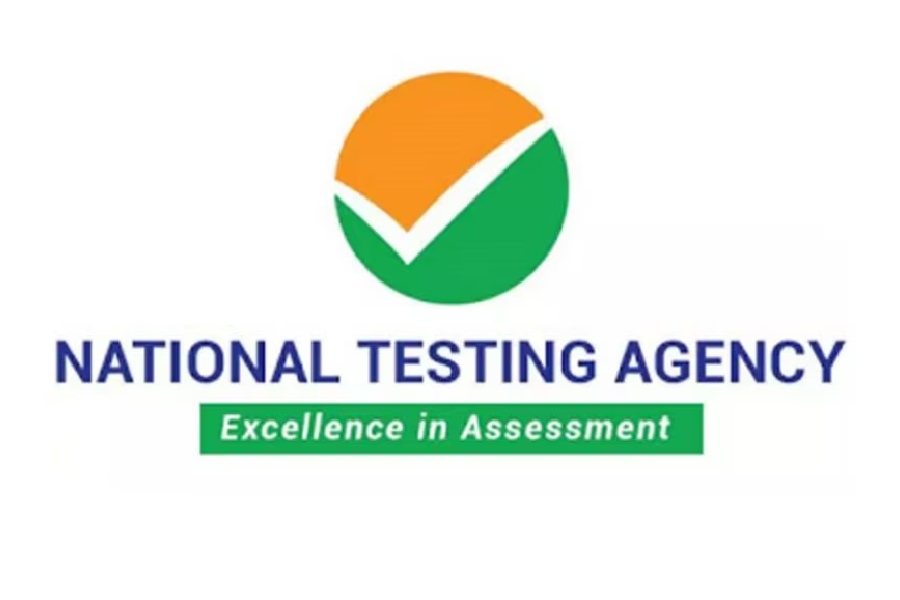



.jpg)

